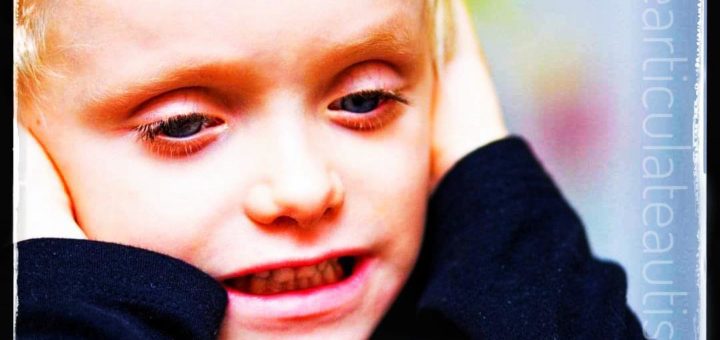The Child, the Chair, and the Lake – The Importance of Accommodating Autistic Literal Thinking to Provide Emotional Safety
If your autistic child thinks literally, it’s quite common. Learn how to accommodate literal thinking in autistic people and prevent trauma.







